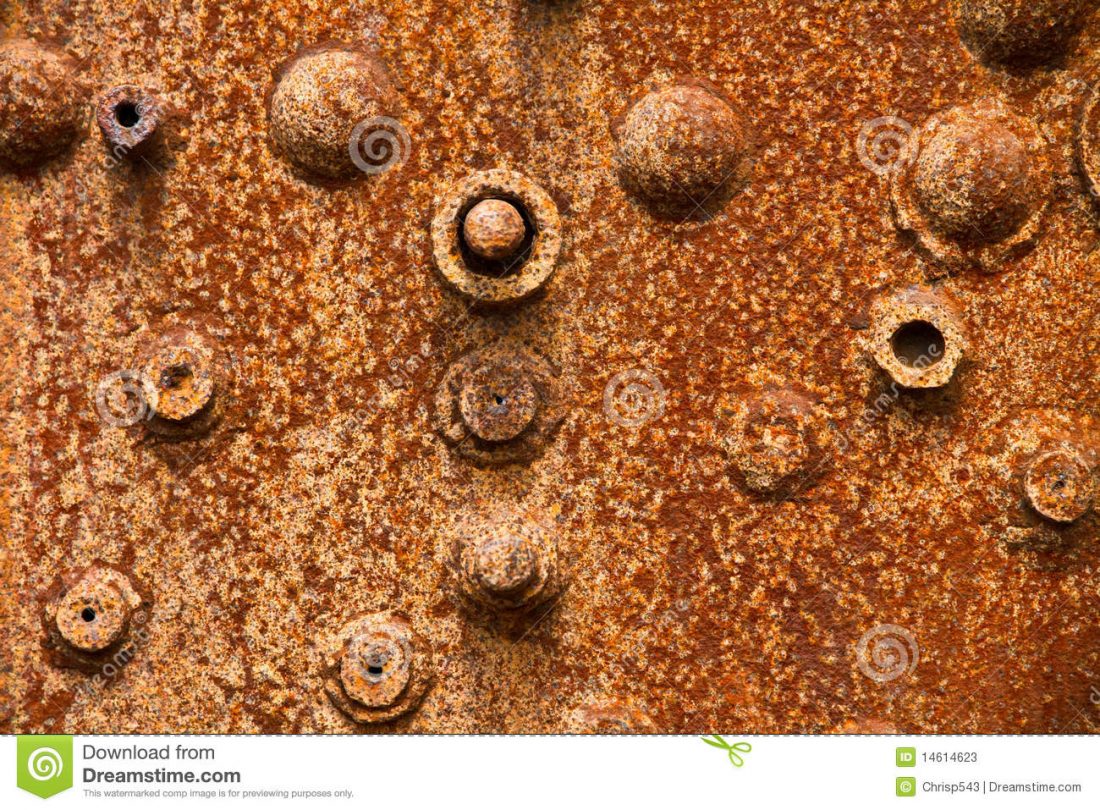Boiler Water Treatment
Maintaining the health and efficiency of your boiler system is vital to ensure it continues operating optimally. At Lubron, we provide a range of boiler water treatment services to meet the specific needs of both residential and commercial clients. Our highly experienced engineers can protect your boiler system against corrosion, scale, and microbial growth, ensuring peak performance and safety.
Why is boiler water treatment so important?
Various issues can affect boiler systems over time, compromising their efficiency and lifespan. Corrosion can occur due to chemical reactions within the system, causing the boiler’s structure to weaken and potentially leading to leaks and breakdowns. Scale can prevent the efficient transfer of heat, which can increase energy consumption and lead to overheating. Additionally, microbial contamination can occur, with bacteria like Legionella posing serious health risks and causing system damage if unaddressed.
Types of steam boiler water treatment
At Lubron, we offer two types of steam boiler water treatment to help mitigate these risks and ensure the smooth operation of your boiler system:
- External treatment. Our external treatment involves eliminating impurities from the water after it has been removed from the boiler. After it’s been removed, it’s deaerated and purified. Water becomes softer, alkalinity and oxygen content decrease, and impurities are removed.
- Internal treatment. During internal treatment, boiler water treatment chemicals – sodium phosphate and soda ash – are conditioned in water. These chemicals help to adjust pH levels and prevent scale from building up within the boiler. Sodium phosphate helps to control acidity, whilst soda ash plays a part in maintaining the desired alkalinity, therefore reducing scale deposits.
At Lubron, we specialise in both external and internal steam boiler water treatment, providing comprehensive care for your boiler system to ensure operational efficiency and longevity.
Our boiler water treatment process
Our boiler water treatment process involves various stages to ensure comprehensive care for your boiler system.
- Water analysis. We’ll start by carrying out a water analysis in order to identify the specific issues affecting your boiler. Based on the results of this analysis, we can then recommend a solution, which could include external or internal treatments.
- Applying water treatment chemicals. We’ll apply boiler water treatment chemicals to prevent corrosion, scale, and microbial growth, helping to improve the performance, longevity and safety of your boiler.
- System cleaning. Next comes a thorough cleaning of your boiler to remove any existing scale, sludge or other deposits that have accumulated over time.
- Ongoing maintenance. We strongly advise having regular maintenance carried out to ensure that the boiler system continues working as it should. This will help to ensure that the treatments remain effective and that the boiler operates optimally. Our team can monitor water quality, assess treatment effectiveness, and take steps to address any new issues quickly.

Contact us
To hire us to provide boiler water test and treatment services, get in touch with our team today. You can reach us by phoning 01206 866444 or by sending an email to sales@lubron.co.uk. We’re on hand to discuss your boiler water treatment requirements.
FAQS ABOUT BOILER WATER TREATMENT
Why is the maintenance of our steam boiler so important?
In all areas of industry, the steam boiler is the heart of the operation in supplying energy, heat transfer, steam injection and sterilisation. Without the correct boiler water treatment program and maintenance, this operation can come to a complete standstill and result in substantial financial losses.
What is involved in a comprehensive boiler water management programme?
A fully comprehensive programme must include dosage and control equipment, chemical programme, site service visits and analyses of all water samples related to the boiler system. This support is maintained throughout the lifetime of the boiler plant.
Why use RO technology for boiler feedwater?
RO is a membrane separation process that provides the highest quality of feed water removing up to 90% of unwanted solids. This will result in higher concentration cycles and reduced blowdown in the boiler along with significant savings in energy, water and chemicals. In addition, it will reduce the risk of carryover in the steam supplied to the heating or process so a better level of energy transfer is achieved.
I have sludge build up in my boiler, what should I do?
Increase the blowdown from the boiler initially to see if this removes the problem. If it persists ensure the softener is working efficiently ( check for trickle flow ), check the quality of water in the feed tank and the correct chemical programme is in place. This can all be confirmed with help from your water treatment service advisor.
We currently check the softener and our boiler water quality – is this sufficient?
No this is not sufficient. It is a good idea for the site to check the softener daily but always remember the boiler system is almost a living organism and it is essential that your water treatment advisors on their agreed routine visits check raw water for changes, soft water, feedwater and boiler water. In addition, they should sample and analyse the condensate water as this has a direct effect on the feed water quality and is an indication of levels of condensate return.

